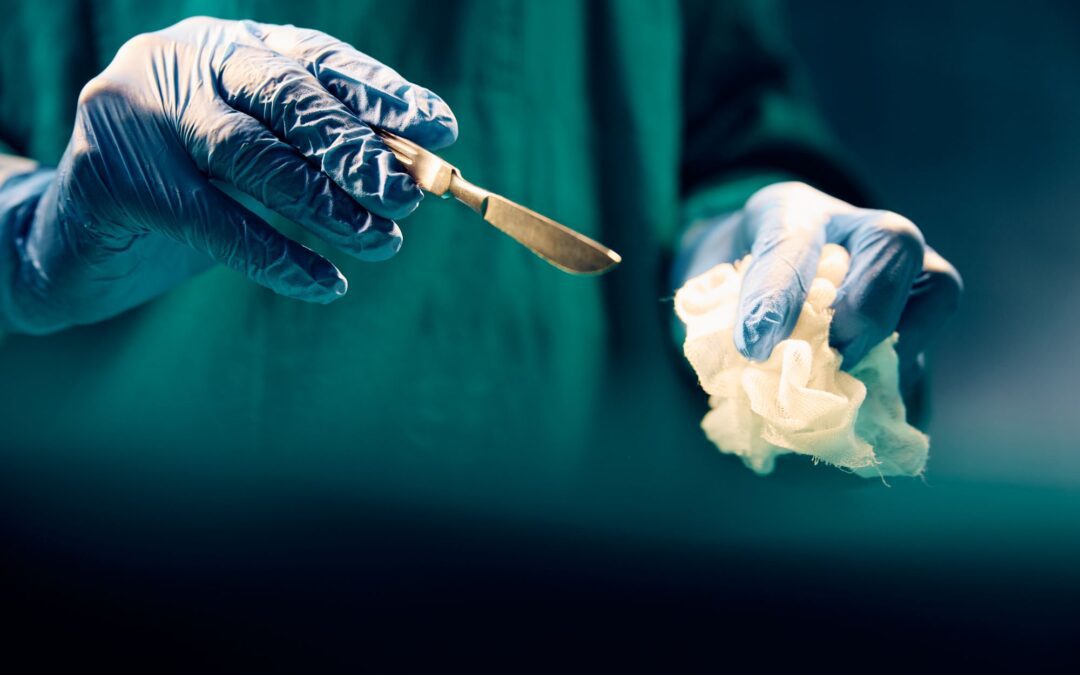In the realm of medical investigations, the concept of a partial autopsy is both a nuanced and vital procedure that serves a pivotal role, particularly when a full traditional autopsy is not necessary or possible. At our facility, we specialize in conducting partial autopsies that focus on specific areas of interest or concern, which can often provide sufficient insights to answer pressing medical questions. This targeted approach allows for quicker results, often leading to significant developments in ongoing medical cases or research studies.
Understanding when to utilize a partial autopsy involves recognizing the unique circumstances and specific needs of an investigation. Often chosen for its efficiency and precision, this method can be particularly advantageous in cases where disease or trauma is localized, or where familial, cultural, or religious considerations call for minimal invasiveness.
As we delve deeper into the utility and application of partial autopsies, our focus is always on ensuring that our methodologies are aligned with the latest advancements in medical technology and practice standards, providing reliable and actionable results. By addressing common challenges and discussing future prospects, we hope to shed light on how this specialized autopsy can significantly contribute to the understanding and treatment of various medical conditions.
What is a Partial Autopsy and When is it Utilized?
A partial autopsy is an invaluable tool in the medical examiner’s arsenal, designed to target a specific area of the body or a particular system to ascertain the cause of death or to study disease processes. Unlike a full autopsy that examines every organ and can be more invasive, a partial autopsy focuses on a specific concern raised by the deceased’s medical history or circumstances surrounding the death.
This type of procedure is often utilized in cases where specific questions about the deceased’s health need answers that a full autopsy may not necessarily provide, or when the full extent of examination is constrained due to various reasons—be it familial consent, cultural or religious beliefs.
Typically, we employ this method when a disease is known or suspected to be localized, such as in the lungs or heart, or when trauma is involved, confined to a particular area of the body. This approach not only respects the sensitivities of grieving families but also directs resources efficiently, ensuring that investigations are both respectful and purpose-driven.
Key Benefits of Partial Autopsies in Modern Medical Investigations
Partial autopsies provide several distinct advantages that make them a vital part of contemporary medical practice. Firstly, by focusing on specific areas, they often require less time and resources than full autopsies, allowing for quicker turnaround times in urgent cases.
Additionally, in situations where a full autopsy might not be permissible, a partial autopsy can still yield crucial information that can contribute significantly to understanding the cause of death or the extent of disease.
1. Precision and Focus: A targeted approach allows for the detailed examination of suspect organs or systems, improving the accuracy of diagnoses.
2. Less Invasive: Given their limited scope, partial autopsies are less invasive, which can be a crucial consideration for respecting the deceased’s body and family sentiments.
3. Resource Efficiency: Concentrating on specific areas reduces the overall resource load, making it a cost-effective solution for many families and institutions.
4. Faster Results: The limited scope of investigation reduces the time to results, which is especially critical in legal or medical urgencies.
In our practice, we prioritize the use of partial autopsies to maximize these benefits, ensuring that each examination respects the integrity and dignity of the deceased while providing essential insights into their health and the circumstances surrounding their death. Through these focused investigations, we strive to deliver conclusive findings that support families, healthcare providers, and legal professionals in making informed decisions.
Common Challenges Faced During Partial Autopsies and How We Address Them
Conducting partial autopsies presents a unique set of challenges, ranging from technical difficulties to ethical considerations. One major challenge is ensuring that the limited examination still provides conclusive and informative results.
It’s critical that, despite focusing on specific areas or systems of the body, our conclusions must be as decisive as those reached through a full autopsy. We overcome this by leveraging specialized techniques and state-of-the-art technology that enhance the precision and accuracy of our findings.
Another significant challenge involves the expectations and emotional needs of the deceased’s family. In some cases, families may struggle with the decision for a partial autopsy due to religious, cultural, or personal beliefs about tampering with the body of a loved one.
We handle these situations with the utmost sensitivity and respect, ensuring clear communication about the process and its benefits, helping families feel more comfortable and supported during such a difficult time.
The Future of Partial Autopsies in Advancing Medical Science
Looking ahead, the role of partial autopsies in medical science is set to evolve dramatically. As medical technology advances, so too does our ability to extract valuable information from less invasive procedures. Innovations such as digital imaging and molecular autopsy techniques promise to enhance our capability to diagnose diseases and conditions posthumously without the need for extensive dissection.
Not to mention, there’s a growing recognition of the value partial autopsies provide in genetic research and public health. By focusing on specific aspects of the body, researchers can develop better insights into hereditary diseases and their manifestations, leading to advancements in personalized medicine and targeted treatments.
We’re committed to staying at the forefront of these developments, continuously updating our practices and technologies to contribute to broader medical research and healthcare improvements.
Partial Autopsies and Their Impact on Medical Investigations
In our journey through the sensitive yet profoundly important world of partial autopsies, it becomes clear that while the process may be less extensive than full autopsies, its importance and impact are anything but limited.
At our private autopsy company in California, our mission is to provide clarity and answers through meticulous medical examination while ensuring dignity and respect for all involved. By addressing challenges creatively and embracing future advancements, we reinforce our commitment to supporting families during their times of need and contributing valuably to the medical community.
For families seeking understanding or professionals needing detailed pathological insights, remember that we at 1-800-Autopsy are here to offer expert, compassionate services tailored to meet your specific circumstances and needs.








